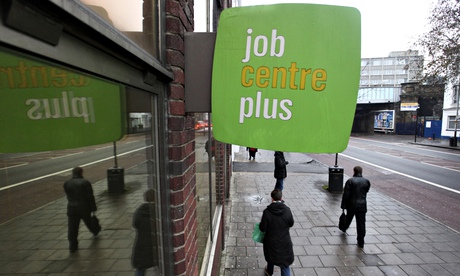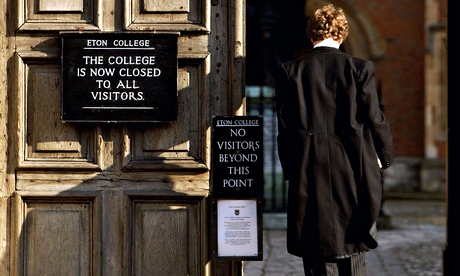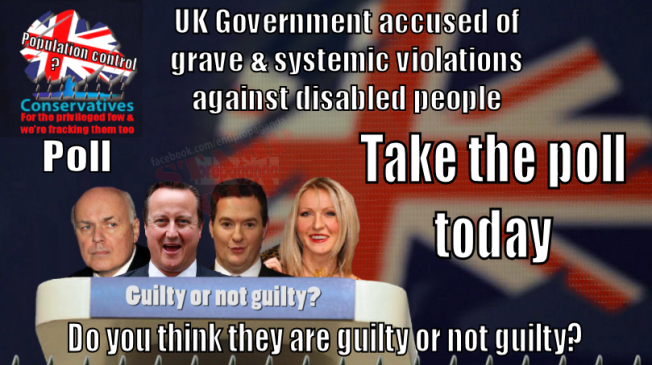Chris Smith lay in a hospital bed, dying of cancer.
He should have been helped by the system, the welfare state which was established to help people like Chris.
Instead, the bombarded him with texts telling him he had to apply for jobs, and letters urging him to come to ‘job workshops.’
Lee Marlow reports.
It’s hard to know exactly where to start with the
tragic story of Chris Smith, a plumber from Leicester who died last
month. You could begin with the disease which claimed his life. Chris
had cancer; lung cancer, skin cancer and a cancer that spread to his
spine. He was diagnosed in April. Although Chris refused to believe it,
he was dying.
As he was dying, Chris, 59, and his partner, Maggie, were embroiled in an unnecessary row with the Work and Pensions department.
Chris, a qualified plumber, had been ill. A poorly knee had kept him off work and then he began to feel sick.
He was called in for health tests. Government assessors
told him he wasn’t ill enough. They deemed him fit for work. His
benefits were stopped. Chris didn’t think it was right, but he didn’t
complain, either. He started to look for work.
Chris didn’t know it, but he already had cancer. He was diagnosed with terminal lung cancer a few weeks later.
And, by rights, this is where the story should end. A man
with terminal lung cancer should not be ordered to find work. He
shouldn’t have his benefits stopped. This is what the Welfare State was
created for, the safety net which cares for the sick and the poorly.
Chris Smith slipped through this safety net.
His partner, Maggie Black, told the job centre about
Chris’s cancer. They nodded and made all the right noises. They agreed
Chris was not fit for work.
But nothing changed. His benefits were not reinstated.
And then came the texts. One a week usually, sometimes
more, imploring Chris to get on his bike to find work, to apply for this
plumbing job or that one.
Chris, meanwhile, was in hospital, having chemotherapy,
whiling away his days vomiting as the cancer ate away at him, from his
lungs to his skin and into his spine.
And then, after the texts, there was the letter. The letter
from the job centre informing Chris he needed to report to the benefits
office for a special meeting to step up his efforts to find work.
The letter arrived the day after Chris died. It was opened by his grieving partner.
“I stood by the front door and read it and had to reread
it, again and again,” says Maggie. “I couldn’t believe it. How could
they be so insensitive? How could they get something like this so
wrong?”
No-one from the job centre, no-one from the Department of
Work and Pensions, apologised. Instead, they carried on texting Chris
job vacancies.
Another letter, inviting him to apply for more jobs, landed
on their doormat this week, along with letters from the council
informing Maggie her housing benefits had been stopped. “This is what
happens,” she said. “One thing goes wrong and it’s like a domino effect –
everything else tumbles, too.”
Maggie didn’t know where to turn. Now, the Citizen’s Advice Bureau and her MP are helping out.
Leicester West MP Liz Kendall says she is “appalled” by the
case and has promised the family she will send “a strongly-worded
letter” to Secretary of State Iain-Duncan Smith.
The real tragedy here, though, is that what happened to Chris and Maggie is not an isolated incident.
“I see it a lot,” said Margot Wood, the Macmillan welfare benefits case worker supervisor at Leicester’s CAB office.
“We investigate many complaints from people about Employment Support Allowance and the way it is administered.
Read more...

















